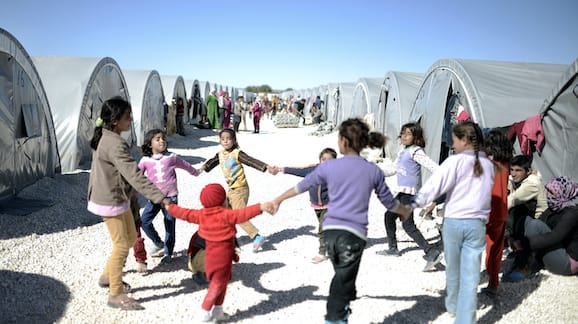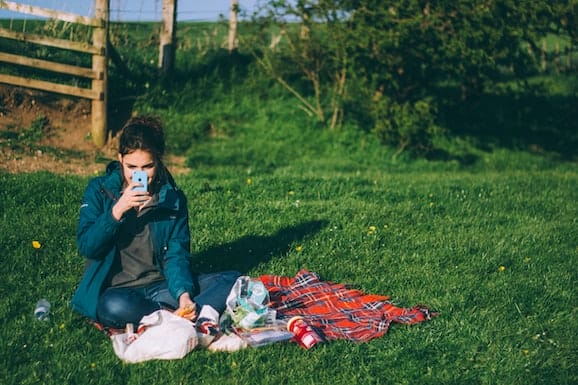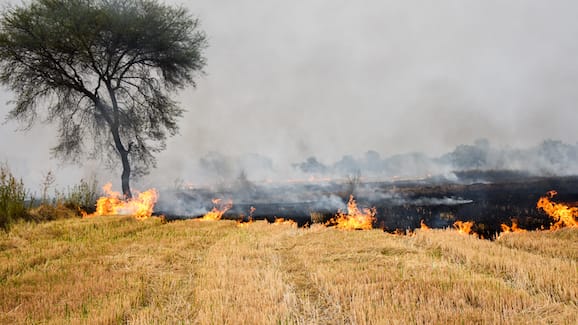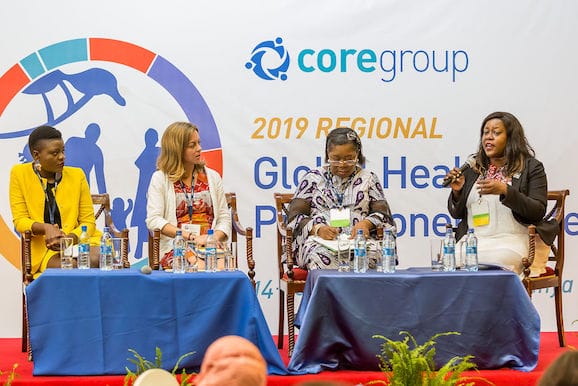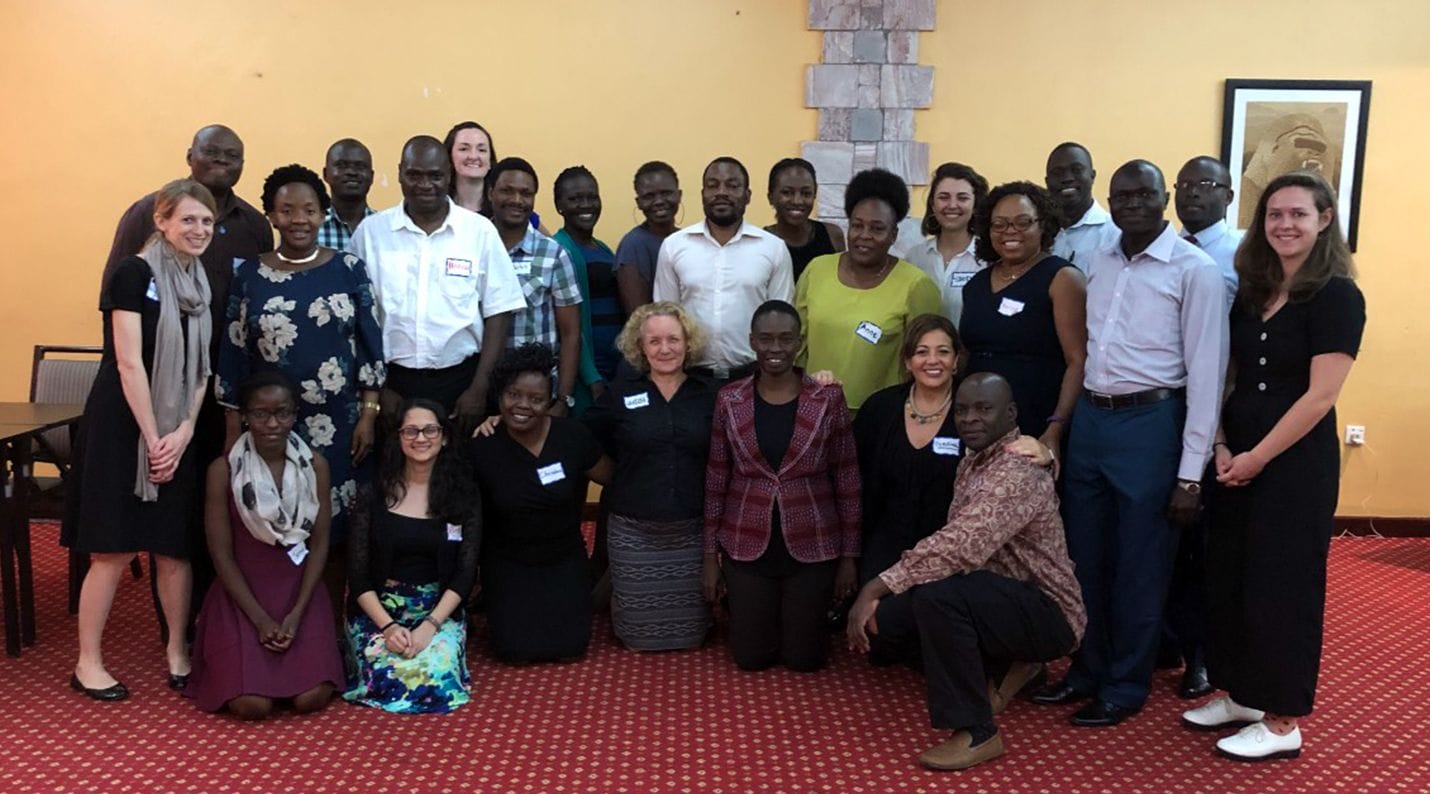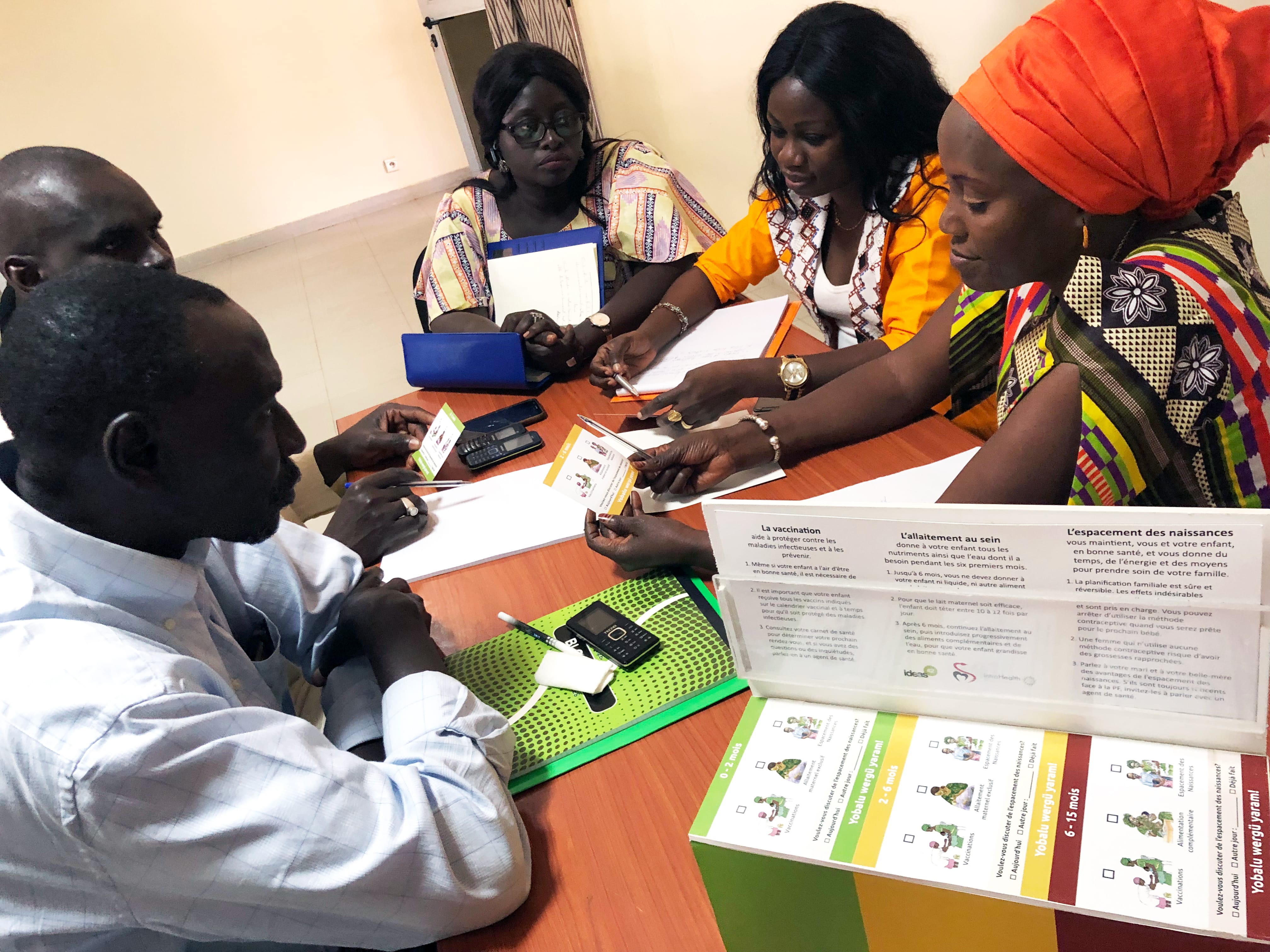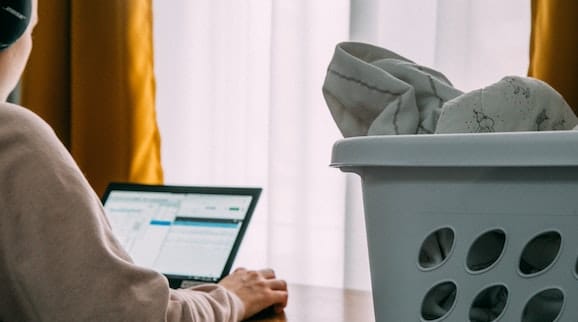
So You’re Working from Home? Make the Most of it with Behavioral Science Tips
by Dana Guichon
This is part of a series of posts about behavioral science and COVID-19. Click here to read about two of the most important behaviors during this crisis–social distancing and seeking medical help. As the COVID-19 pandemic continues its alarming spread, many of us are looking to do our part to ease this rising tide. We […]
